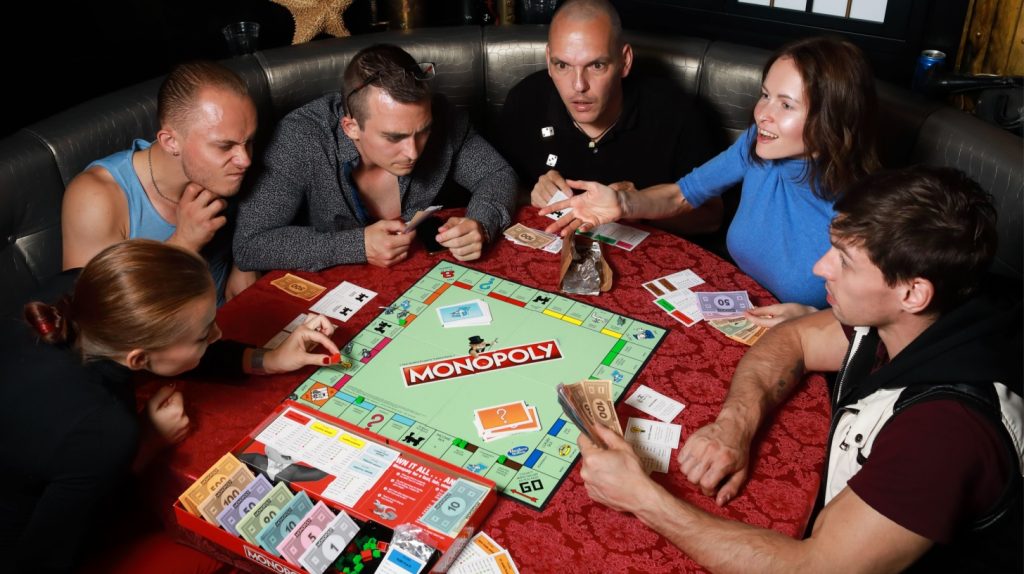I love playing board and card games with friends and family—it’s such a fun way to spend time together. But have you ever been in the middle of a game and thought, “Wait, are we sure that’s the rule?” I’ve noticed over the years that a lot of people swear by certain “rules” that seem a little… off.
It turns out, many of these rules aren’t in the official instructions at all—they’ve just been passed down from player to player. Sometimes, they even change the entire way the game is played and can cause some pretty heated debates at the table. Let’s go over ten of the most common game rules people believe are true but are actually myths.
1. Free Parking in Monopoly Gives You Money
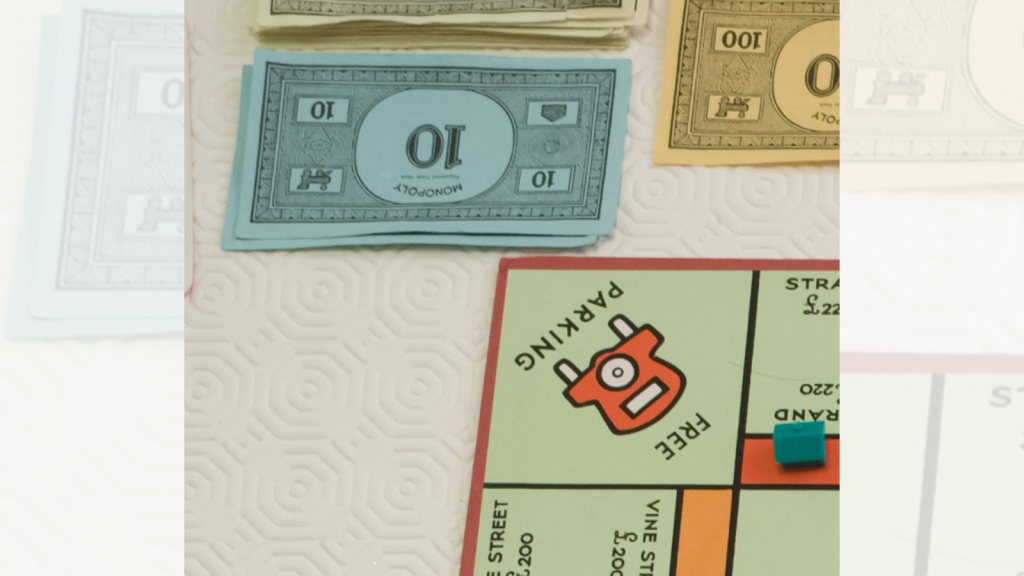
One of the most popular house rules in Monopoly is that landing on “Free Parking” earns you a huge pile of cash. Players often place fines and taxes in the middle of the board, only for someone to win them by landing on this space. But in reality, the official rules state that “Free Parking” is simply a resting spot, with no financial reward attached. This myth probably arose as a way to speed up the game, but it’s not how Monopoly was intended to be played.
2. You Must Shout “Uno” as Soon as You Have One Card
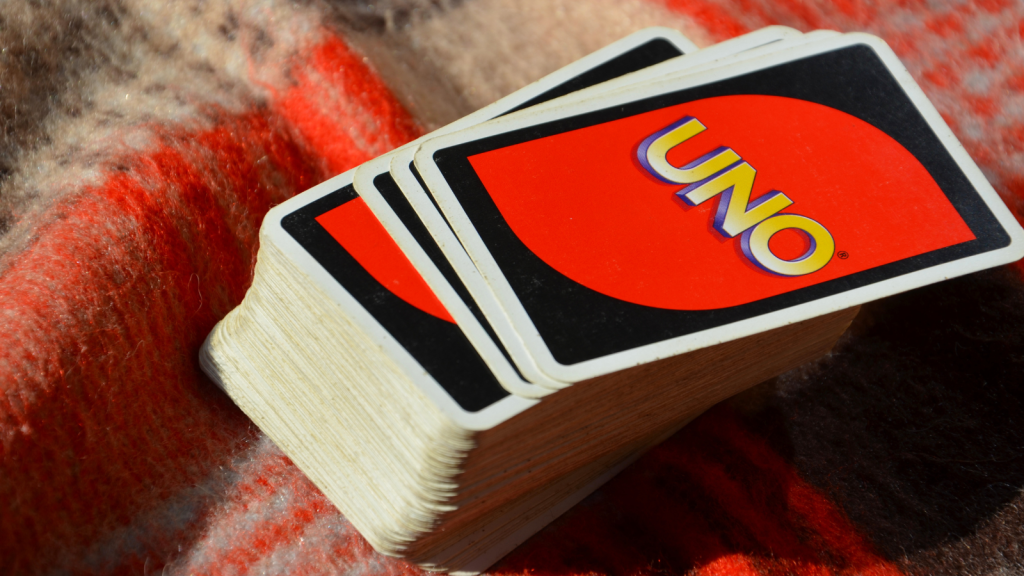
In Uno, many players believe you need to yell “Uno” the instant you have one card left. However, the official rule is that you only need to shout “Uno” before the next player starts their turn. If you forget, and someone catches you before you announce it, then you get penalized. But don’t worry—you have a brief window of time to remember.
3. You Can Stack Draw Cards in Uno
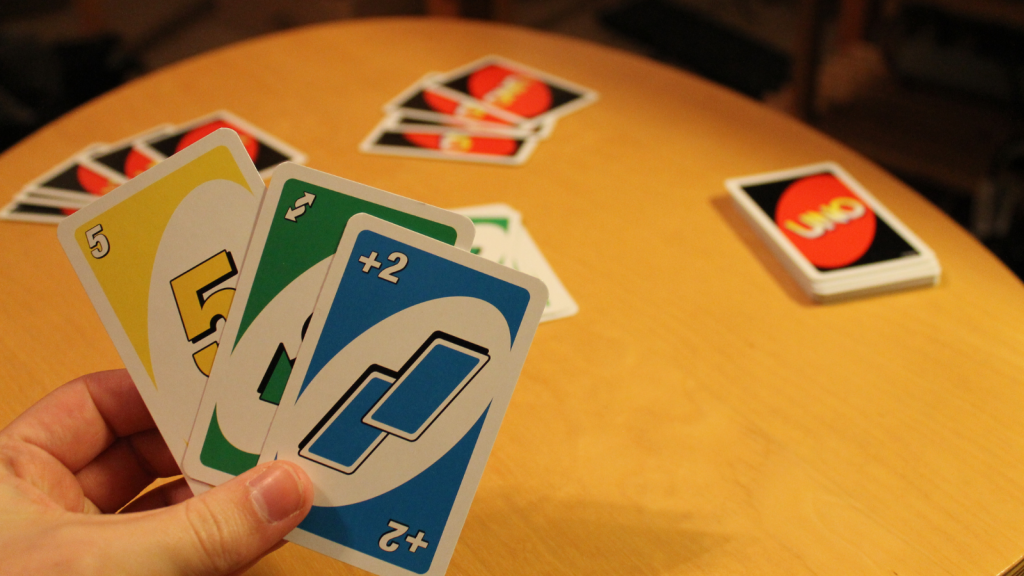
Another common misunderstanding in Uno is the idea that you can stack draw cards. For example, if someone plays a “Draw 2,” many believe you can play your own “Draw 2” to pass the penalty to the next player. While this might make for chaotic fun, official Uno rules strictly say no stacking—once someone plays a draw card, the next player must draw the required number of cards and lose their turn.
4. You Can Form Words Diagonally in Scrabble

Scrabble enthusiasts often get into heated arguments over whether or not you can create words diagonally. The myth that diagonal words are allowed might come from crossword puzzles, where diagonal placements are acceptable. However, Scrabble only allows words to be placed horizontally or vertically on the board. Diagonal word placement? Sorry, it’s against the rules.
5. In Clue, You Must Visit Every Room Before Accusing
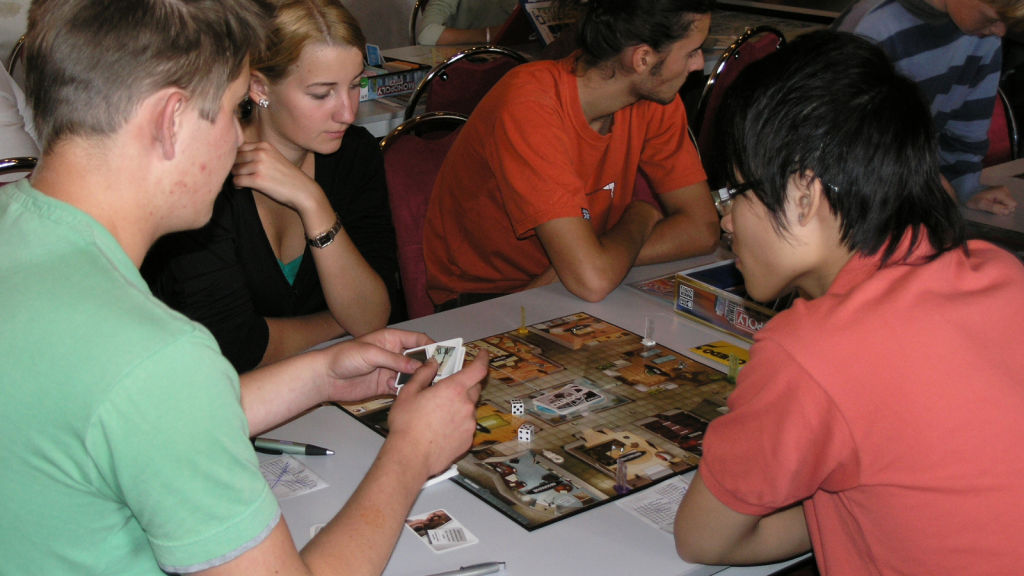
Many people think that in the game Clue (Cluedo), you must physically visit every room on the board before you can make an accusation about the murderer, weapon, and location. This isn’t true! As long as you feel confident in your deduction, you can accuse at any time—even without visiting every room. Of course, a wrong accusation eliminates you from the game, so use this freedom wisely.
6. In Chess, You Can’t Promote a Pawn to Anything but a Queen

A common misconception in chess is that pawns must be promoted to a queen once they reach the opponent’s back rank. While promoting to a queen is the most common choice, the rules actually allow you to promote a pawn to any piece, including a knight, rook, or bishop. This can open up interesting tactical possibilities, especially in endgames where a knight might be more useful than another queen.
7. You Can Only Play a Wild Draw Four in Uno When You Have No Other Cards
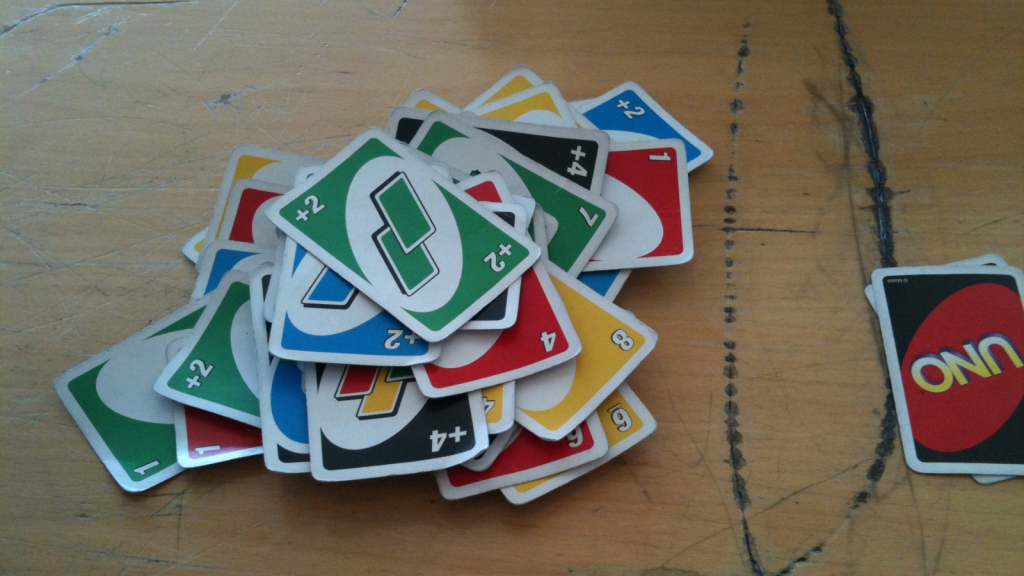
In Uno, there’s a widespread belief that you can only play a Wild Draw Four if you have no other playable cards. While this rule does exist in some versions of the game, the official rules allow you to play a Wild Draw Four whenever you like. If an opponent suspects you’ve used it incorrectly, they can challenge you, but there’s no automatic restriction against playing the card strategically.
8. In Risk, You Must Wipe Out All Opponents to Win
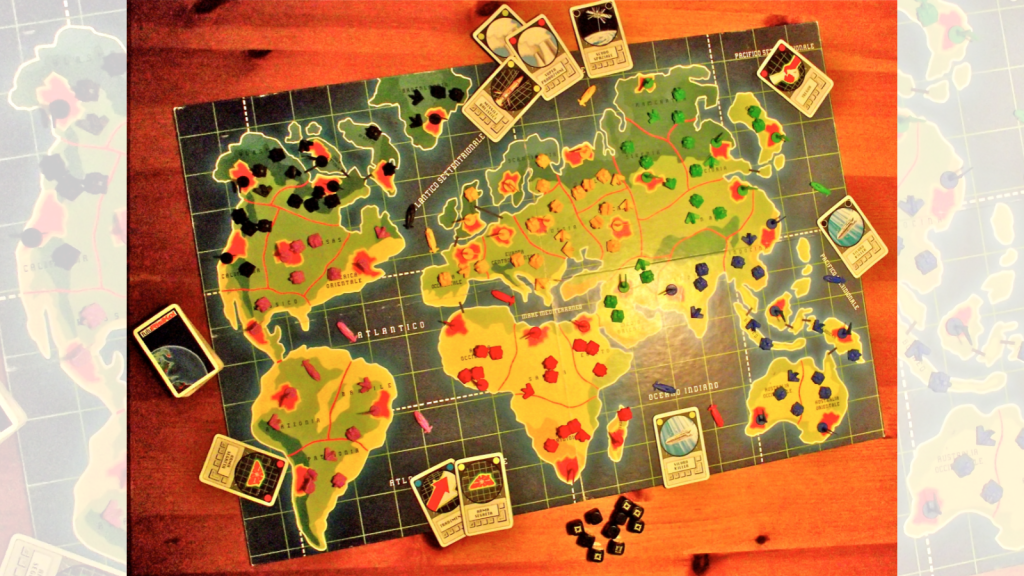
Many people think that the only way to win Risk is by eliminating all other players. However, the official rules include mission-based objectives, where players win by completing a specific goal, such as conquering certain territories or taking out a specific player. This myth likely persists because it’s fun to dominate the board, but the game can be won without total annihilation.
9. In Poker, Ties Always Go to the Player with the Best High Card
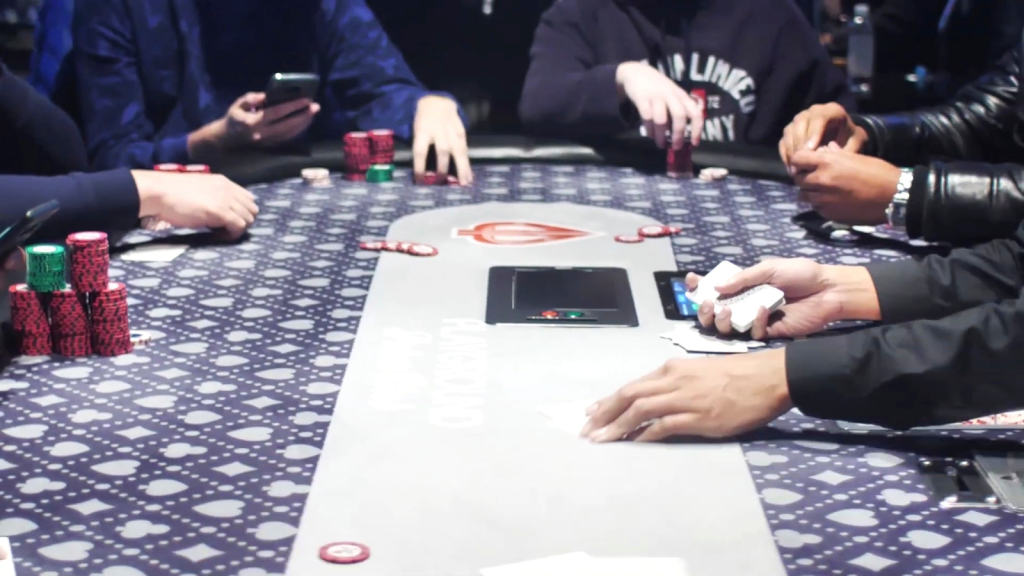
In poker, it’s often assumed that when two players have the same hand, the win automatically goes to the player with the highest single card. However, the true rules depend on the type of poker being played. For example, in Texas Hold’em, ties are settled by comparing the entire five-card hand, not just the highest card. In some cases, players will share the pot if their hands are completely identical.
10. You Can’t Take Back a Move in Chess Once You Touch the Piece

The “touch-move” rule in chess is one of the most well-known, but it’s also misunderstood. Many think that once you touch a piece, you must move it, no exceptions. While this is true in official tournaments, casual games often allow flexibility. In friendly matches, players can agree to let someone take back a move as long as both players are on the same page about the rules.
Ellen has been obsessed with logic puzzles, jigsaws, and cryptograms since she was a kid. After learning she was taught how to play chess wrong by a family friend (so they could win), she joined her school chess club and the rest is history.
